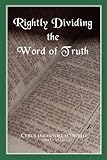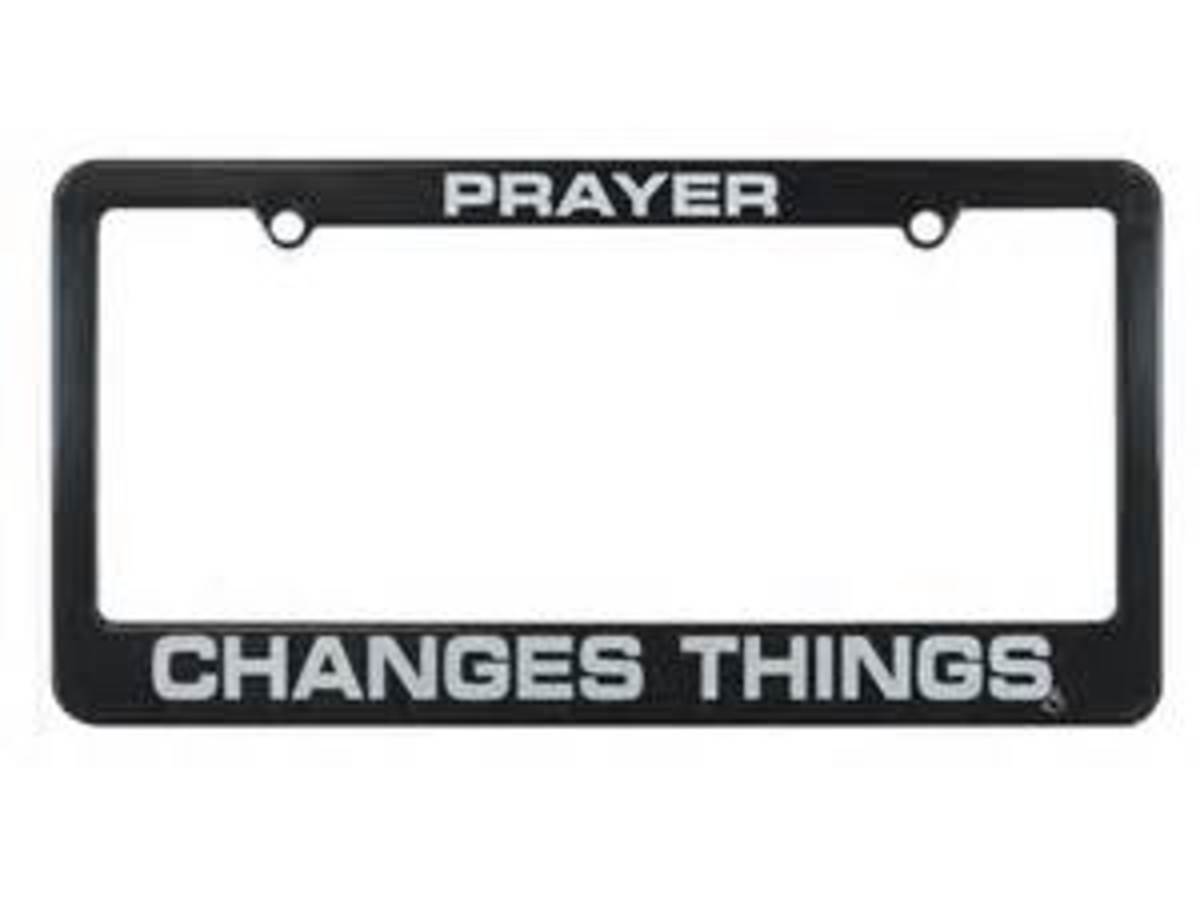All Scripture Is Profitable

The Purpose of the Bible
Many readers may witness how often the Scripture is used in the back-and-forth comments on spiritual hubs. When it comes to using the Bible in matters of faith, we must go to this source and rightfully interpret it. This is why we are to go back to the original languages whenever we need clarification of what we read in English.
Romans 1:16 "For I am not ashamed of the gospel, for it is the power of God for salvation to everyone who believes."
2 Timothy 2:15 "Study to show thyself approved unto God, a workman that need not be ashamed, rightly dividing the Word of truth."
Acts 17:11 "And these were more noble than they, in that they searched the Scriptures daily, whether those things were so!"
So, let’s look at what Paul writes in his letters to Timothy about the use of the Bible, not only in his walk, but in our ministering to others.
2 Timothy 3:16-17 "All Scripture is given by inspiration of God, and is profitable for doctrine, for reproof, for correction, for instruction in righteousness: That the man of God may be perfect, thoroughly furnished unto all good works."
Inspiration: theopneustos (theh-op'-nyoo-stos); divinely breathed in:-given by inspiration of God.
Profitable: ophelimos (o-fel’-ee-mos); helpful or serviceable, advantageous, profit (-able).
Doctrine: didaskalis (did-as-kal-ee’-ah); [from 1320 didaskalos (did-as’-kal-os) an instructor:-doctor, master, teacher]—instruction (the function or the information):-doctrine, learning, teaching.
Reproof: elegehos (el’-eng-khos); [from 1651 elegeho (el-eng’-kho) to confute, admonish:-convict, convince, tell a fault, rebuke, reprove); proof, conviction:-evidence, reproof.
Correction: epanorthosis (ep-an-or’-tho-sis); a straightening up again, rectification (reformation):-correction.
Instruction: paideia (pahee-di’-ah); a trainer, teacher, discipliner:-which corrected, instructor.
Righteousness: dikaiosune (dik-ah-yos-oo’-nay); equity (of character or act), especially Christ’s justification:-righteousness.
Perfect: artios (ar’-tee-os); fresh, complete
Furnished: exartizo (ex-ar-tid’-zo); to finish out (time); to equip fully (a teacher):-accomplish, thoroughly furnish.
Work: ergon (er’-gon); from ergo (to work); toil (as an effort or occupation); by implication an act:-deed, doing, labor, work.
But note this passage in 1 Corinthians 10:23 "All things are lawful, but not all things are profitable. All things are lawful, but not all things edify." So we see the word "profitable" means to "edify". We must understand that while the Scripture does indeed contain laws, its purpose is not to bind people into the law of sin and death, but to edify us in the grace through faith in Jesus Christ, our Savior!
Don't Miss the Mark!
1 Peter 1:20-21 state, "But know this first of all, that no prophecy of Scripture is a matter of one's own interpretation, for no prophecy was ever made by an act of human will, but men moved by the Holy Spirit spoke from God."
We know that incorrect interpretation of the Bible can mean “missing the mark” of salvation.
Correct interpretation of the Bible leads to Jesus as our Savior.
Incorrect interpretation of the Bible will lead away from Jesus as our Savior.
As I’ve shared in other hubs, I personally use the King James Version and New American Standard version of the Bible. The NAS places the actual defining word into the text, where the KJV sometimes can be misunderstood (i.e. the word “perfect”). The NAS uses the word “equipped”, which combines “perfect” and “furnished”.
Other tools I use are the Strong’s Comprehensive and Exhaustive Concordances of the Bible. Many Bibles have limited concordances added to them as a study help. It’s best to get a full concordance, so you can research every question you personally have. A Bible dictionary is wonderful, also. My fan and dear brother in the Lord, SirDent said that the Brown-Driver-Briggs Dictionary is awesomely accurate!
When you read a verse and even study it, read the context of the chapter before and after the verse, so you understand the meaning better. Also, check the margin of your Bible next to the verse to see if there are other verses (cross references) that confirm the verse you’re reading. For more on how to do inductive study, please read my hub How to do an Inductive Bible Study. Faith comes by hearing, and hearing by the Word of God. Let’s keep the Word rightly divided, so we don’t “miss the mark” (sin) of Salvation (righteousness through Christ Jesus)! God bless you!










